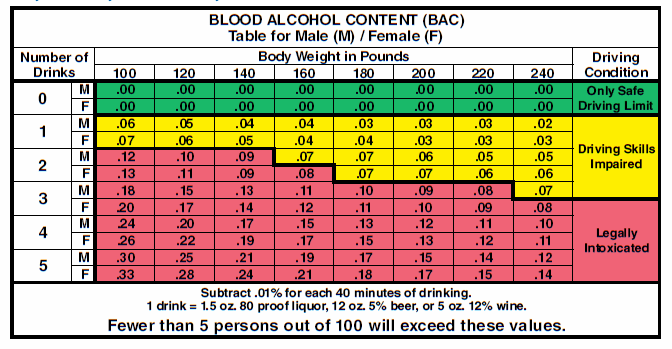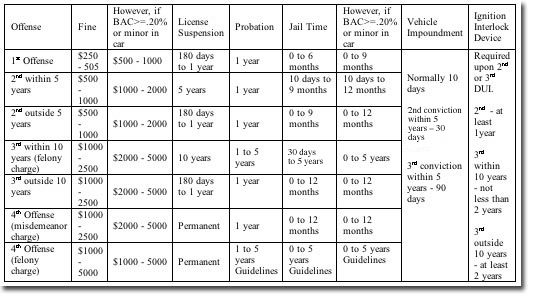Felonies
Felonies are criminal matters in Florida or in the Federal system that have a term of incarceration possible for more than one year. There are generally four degrees of felonies in Florida state court: Life felonies, and felonies of First, Second, and Third degrees. First degree murder is the only offense in Florida which can result in the death penalty. The federal system has an even wider variety of potential felony offenses. A felony sentence may be served in the county jail if the sentence is one year or less, if the sentence is in excess of one year the sentence will be served in the Florida State Prison system. Some common examples of felony offense are:
- Aggravated Assault
- Aggravated Battery
- Battery on a Law Enforcement Officer
- Burglary
- Child Abuse
- Drug Possession (All controlled substance offense excluding a misdemaenaor quantity of Marijuana)
- Felony Battery
- Carjacking
- Homicide
- Kidnapping
- Resisting an Officer with Violence
- Felony DUI
- Sex Crimes
- Grand Theft
Congress and the Florida legislature have set forth a set of sentencing guidelines. If charged in either federal or state court, felonies can often carry guidelines which call for mandatory incarceration.
There are felonies for which first time offenders can receive a disposition which would not result in an adjudication of guilt. Once a person becomes a convicted of a felony, it is permanently on their record unless pardoned by the Governor or the President. A felony conviction results in the loss of many constitutional rights, including the right to vote, bear arms, serve in the military, and greatly limits the number and types of jobs that you may be able to hold in the future.
Please contact our firm so that we can help you answer such questions as:
- what defenses do I have;
- was the search in my case legal;
- can my statements be used against me;
- will I lose my driver's license if I enter a plea to a felony or a drug charge;
- how can I prevent being a convicted felon;
- can I avoid going to jail or prison;
- what do I score out to on a scoresheet

 U.S. Immigration and Customs Enforcement (ICE) is responsible for the detention and removal of noncitizens. One of the agency's priorities is removing noncitizens in jails and prisons. ICE and cooperating law enforcement agents generally identify such individuals for removal by questioning and running various computer checks on them. If an individual is found to be removable based on a lack of status or a prior criminal conviction, ICE can issue a "detainer" pretrial to assume custody of the individual. Generally, an immigration detainer is a request to a local law enforcement agency to detain a named individual for up to 48 hours after that person would otherwise be released (excluding Saturdays, Sundays and holidays). If an individual with lawful status becomes removable upon conviction, ICE will likely assume custody of the individual upon completion of any jail or prison sentence. Even if ICE does not take any immediate action against someone who has become removable due to a conviction, sucha an individual may still be placed into removal proceedings upon a future contact with immigration officials. Once an individual has been formally charged as removable, ICE has broad discretion to detain the person pending removal. Some noncitizens are eligible for immigration bond, but many non citizens with criminal convictions are not eligible for release on bond and are therefore detained pending the completion of removal proceedings. There are different types of removal procedures. Many noncitizens receive a hearing in immigration court. At a removal hearing, the immigration court determines whether the non citizen is removable under the charged grounds of inadmissibility or deportability.
U.S. Immigration and Customs Enforcement (ICE) is responsible for the detention and removal of noncitizens. One of the agency's priorities is removing noncitizens in jails and prisons. ICE and cooperating law enforcement agents generally identify such individuals for removal by questioning and running various computer checks on them. If an individual is found to be removable based on a lack of status or a prior criminal conviction, ICE can issue a "detainer" pretrial to assume custody of the individual. Generally, an immigration detainer is a request to a local law enforcement agency to detain a named individual for up to 48 hours after that person would otherwise be released (excluding Saturdays, Sundays and holidays). If an individual with lawful status becomes removable upon conviction, ICE will likely assume custody of the individual upon completion of any jail or prison sentence. Even if ICE does not take any immediate action against someone who has become removable due to a conviction, sucha an individual may still be placed into removal proceedings upon a future contact with immigration officials. Once an individual has been formally charged as removable, ICE has broad discretion to detain the person pending removal. Some noncitizens are eligible for immigration bond, but many non citizens with criminal convictions are not eligible for release on bond and are therefore detained pending the completion of removal proceedings. There are different types of removal procedures. Many noncitizens receive a hearing in immigration court. At a removal hearing, the immigration court determines whether the non citizen is removable under the charged grounds of inadmissibility or deportability.



